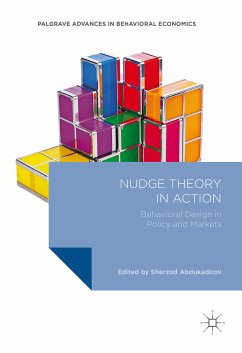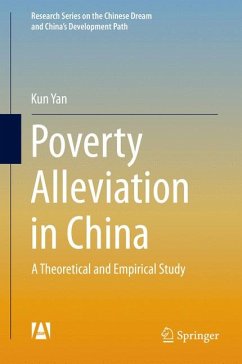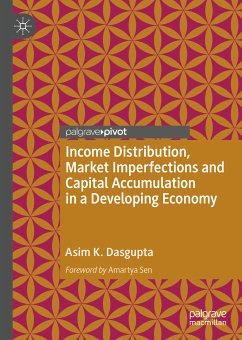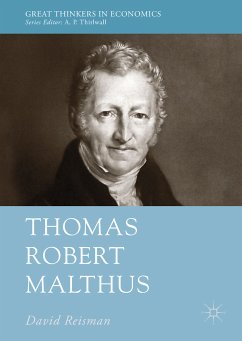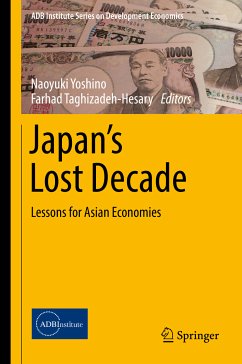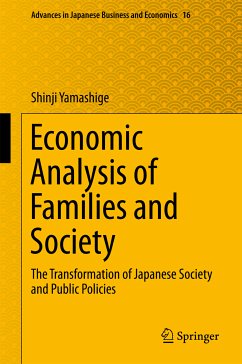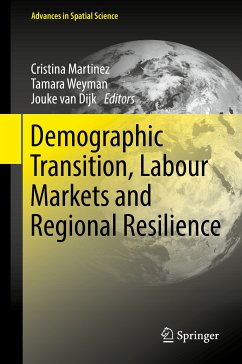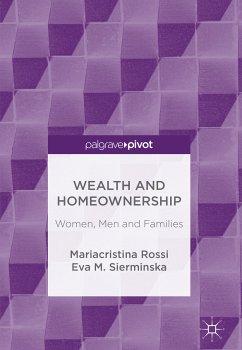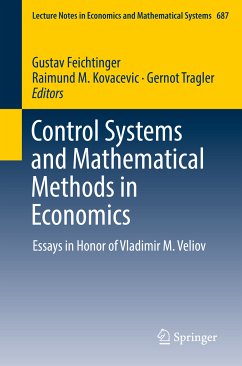
The Oxford Handbook of Judaism and Economics (eBook, PDF)

PAYBACK Punkte
43 °P sammeln!
The interaction of Judaism and economics encompasses many different dimensions. Much of this interaction can be explored through the way in which Jewish law accommodates and even enhances commercial practice today and in past societies. From this context, The Oxford Handbook of Judaism and Economics explores how Judaism as a religion and Jews as a people relate to the economic sphere of life in modern society as well as in the past. Bringing together an astonishingly strong group of top scholars, the volume approaches the subject from a variety of angles, providing one of the most comprehensiv...
The interaction of Judaism and economics encompasses many different dimensions. Much of this interaction can be explored through the way in which Jewish law accommodates and even enhances commercial practice today and in past societies. From this context, The Oxford Handbook of Judaism and Economics explores how Judaism as a religion and Jews as a people relate to the economic sphere of life in modern society as well as in the past. Bringing together an astonishingly strong group of top scholars, the volume approaches the subject from a variety of angles, providing one of the most comprehensive, well-rounded, and authoritative accounts of the intersections of Judaism and economics yet produced. Aaron Levine first offers a brief overview of the nature and development of Jewish law as a legal system, then presents essays from a variety of angles and areas of expertise. The book offers contributions on economic theory in the bible and in the Talmud; on the interaction between Jewish law, ethics, modern society, and public policy; then presents illuminating explorations of Judaism throughout economic history and the ways in which economics has influenced Jewish history. The Oxford Handbook of Judaism and Economics at last offers an extensive and welcome resource by leading scholars and economists on the vast and delightfully complex relationship between economics and Judaism.
Dieser Download kann aus rechtlichen Gründen nur mit Rechnungsadresse in A, B, BG, CY, CZ, D, DK, EW, E, FIN, F, GR, HR, H, IRL, I, LT, L, LR, M, NL, PL, P, R, S, SLO, SK ausgeliefert werden.




